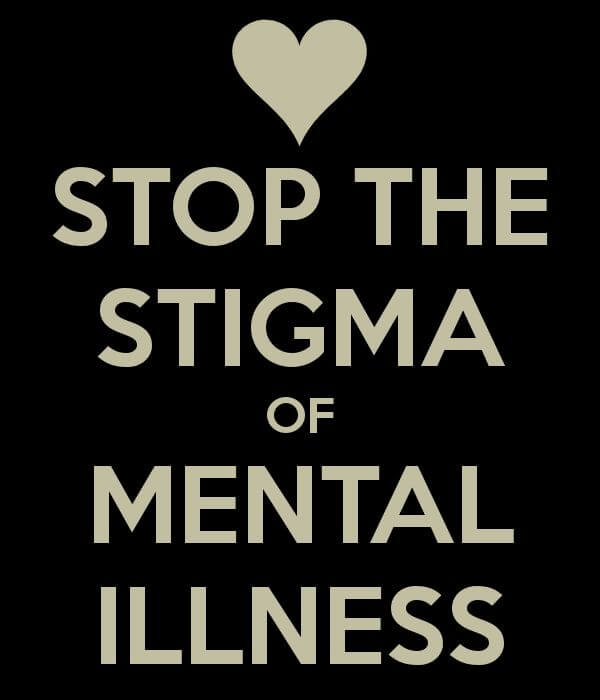Article by Katherine Liu
Physical Health and Education, or simply, P.E.— one of my most dreaded subjects, though I understand why it matters. We rely on our bodies so often, it’s important that we keep it fit and healthy. However, schools seldom ever consider our mental well-being important enough to have a whole class period dedicated to it, and this, frankly, confuses me.
Firstly, we depend on our minds so much more than we do our bodies. Our brains send the signals that move us, and provide us with reasoning, emotion, and thought. Shouldn’t we, then, ensure that our students’ minds work the way they ought to? After all, how can we expect them to focus in class—or to function properly in general—if their minds are messed up?
Secondly, and this is honestly my main reason for writing this article, there is a stigma surrounding mental illnesses. People say they can’t really exist; those who claim to have them are probably just being maarte, overreacting, or looking for attention… and this is just ridiculously untrue. Mental illnesses are real, but we don’t really believe they are because the symptoms are internal rather than external. As a result, those in need often find medicine, treatment, therapy, and even diagnosis alone difficult to attain.
Also, is it just me, or have disorders become a joke? We hear phrases like, “Oh, you’re so O.C.,” when we are perfectionists; we hear, “Oh, I’m so depressed!” because a classmate failed a quiz; “bipolar” has become associated with menstrual mood swings. In fact, I have a friend (whose name will not be mentioned, for privacy’s sake) who told me she tried to open up to some of her close friends about her bipolar disorder for the first time. She wanted to trust them, and she wanted them to understand her. They brushed her off, saying, “Everyone has that,” like she hadn’t just revealed something very private and important to them. I doubt they meant to hurt her; they just didn’t know how serious the problem was.
Incorporating mental health education into the mainstream curriculum could remedy these issues. If people truly understood all the struggles and sufferings that these disorders entail, they would be more compassionate, mindful, and respectful. Resources such as treatment, counseling for loved ones, therapy… those would all be easily accessible. The businesses of the future would be built so that even those with disorders can function at their highest potential. Classes would be taught with special attention for those who need it. Social events would be created with inclusivity in mind, so that even those with disorders can go out, make friends, find support and comfort, like any human being. Most importantly of all, students and adults alike can learn to recognize symptoms in themselves. They can understand how proper self-care should look like: care that encompasses the mental and emotional just as much as the physical.
Of course, since I’m pitching this idea, I also introduce a new question: how should we integrate this into the mainstream curriculum? There are a variety of ways. For example, we could start by using it as a situation for students to apply their skills to, much the way we do TED education. Mental health issues could be used as reflection or journal prompts for class activities. Guidance counselors could also organize additional orientations through the year to help remind students how to maintain their mental health and stability, particularly soon before or soon after especially trying periods in the school term (exams, etc.). Furthermore, they could give talks or invite experts to speak about prominent disorders or general self-care. Basic psychology and mental illness education could also be given its own class, not just as a specialized subject for the HUMSS and GAS strands, but as a core subject. It could even be introduced in simple terms to elementary pupils so that early on, they already learn how to treat those afflicted, or how to recognize problems in their own mentalities.
There are many other methods to include, but for now, I’ll leave it at the basics. Perhaps one day, we will be able to proudly proclaim we give our mentally afflicted countrymen the care, aid, and respect they deserve. Until then, all of us who see the problem, who see the lack of concern for these matters— we must do our best to push for structural change and raise awareness for this subject.








